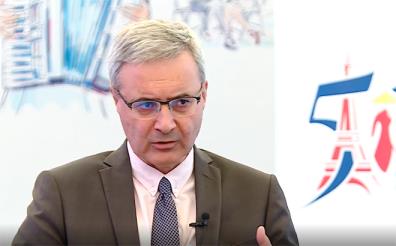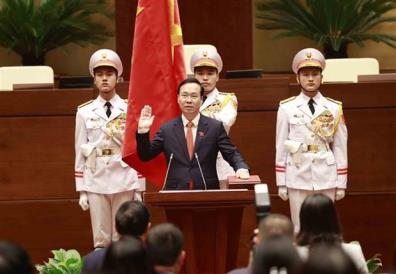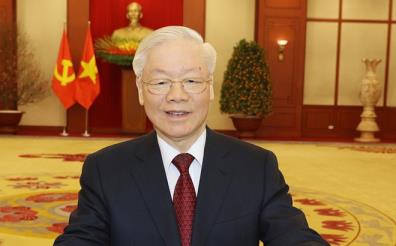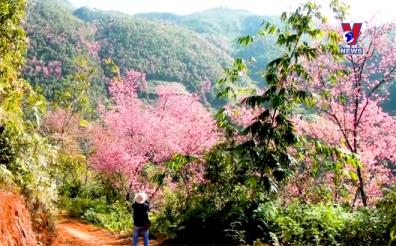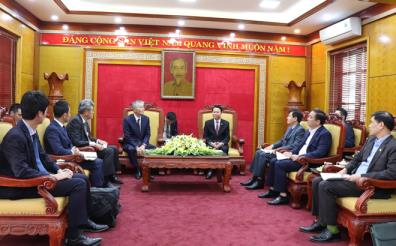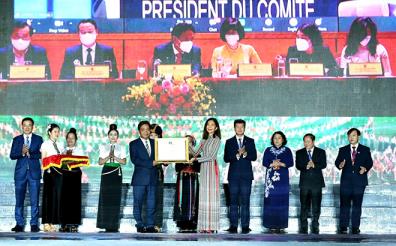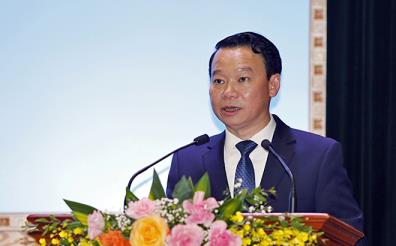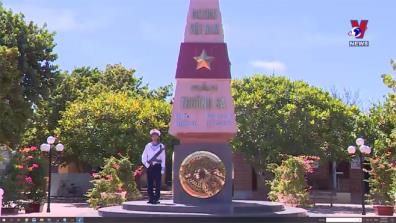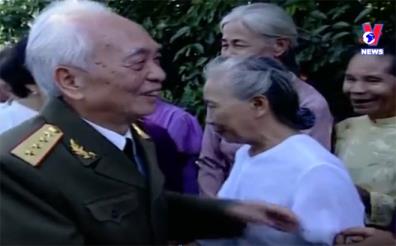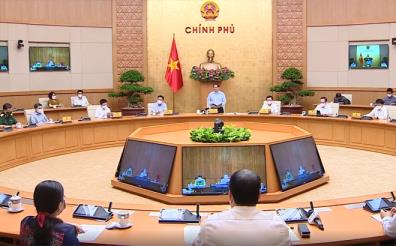Yen Bai Discovers Fossils Over 7 Million Years Old
- Thursday, October 17, 2024
YBO - In mid-September, Yen Bai provincial museum staff discovered a variety of plant and animal fossils in Minh Long Hamlet, Tuy Loc Commune, Yen Bai City. These fossils belong to the Co Phuc Formation, dating back between 7 to 10 million years.
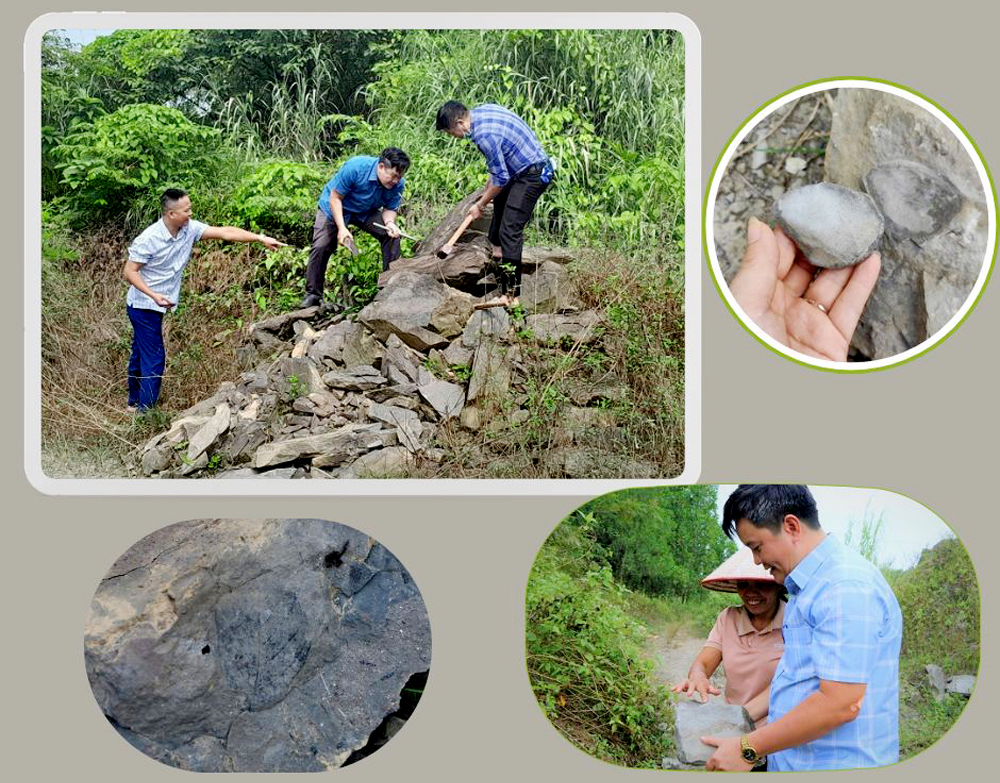
|
|
Fossil traces discovered by Yen Bai Museum staffs
|
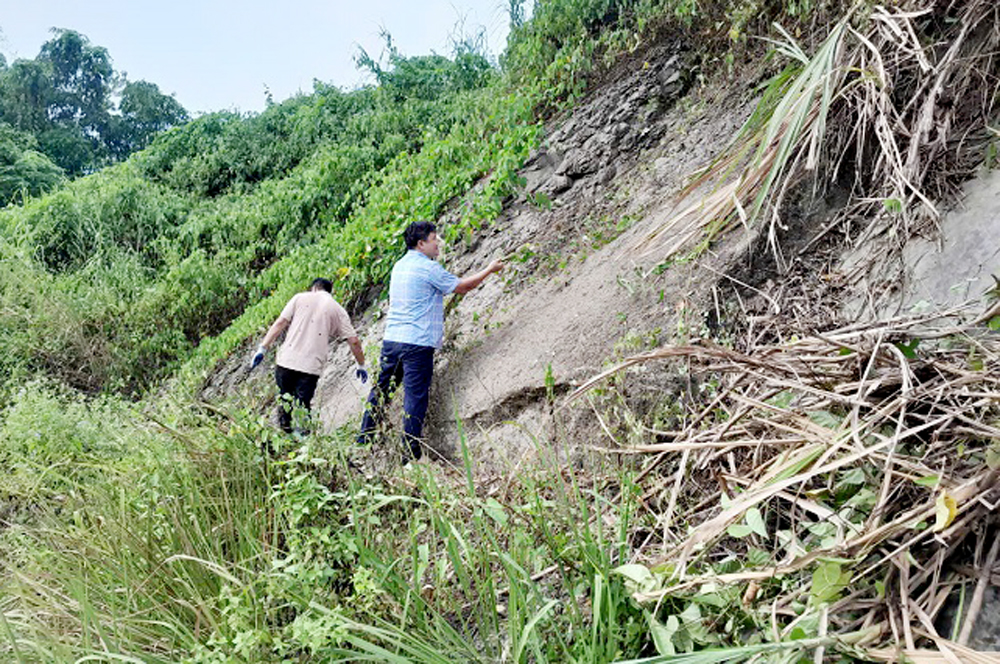
Other news
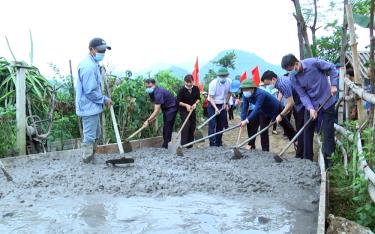
As part of the implementation of the Rural Transport Development Scheme in Yen Bai Province for the 2021–2025 period, various levels of government, departments, and localities have actively coordinated efforts and integrated multiple funding sources to invest in the development of the rural transport system.
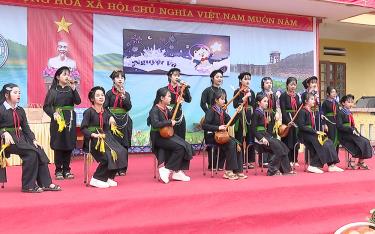
In recent years, Yen Bai Province has prioritized the development of education and training in ethnic minority and mountainous areas with the aim of raising intellectual standards, nurturing talent, promoting socio-economic development, and reducing poverty. As of now, nearly 40% of ethnic minority students across the province are benefiting from educational support policies through boarding and semi-boarding schools.
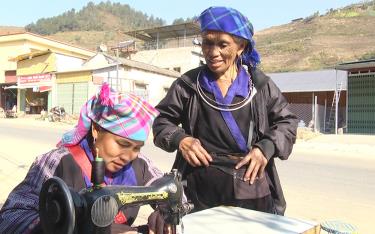
By 2025, the mountainous district of Mu Cang Chai (MCC) aims to increase the percentage of its workforce with vocational training to 58%, focusing particularly on agriculture and tourism services.
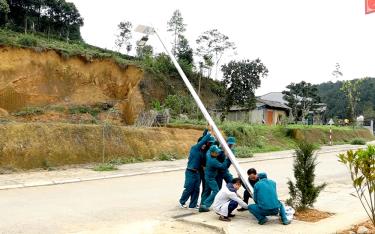
As part of the implementation of the 2021–2025 National Target Programs (NTPs), Tran Yen District has disbursed over VND 70 billion as of the end of March 2025. Of this amount, nearly VND 56 billion came from the central government budget, while more than VND 13.5 billion was sourced from the local budget.


